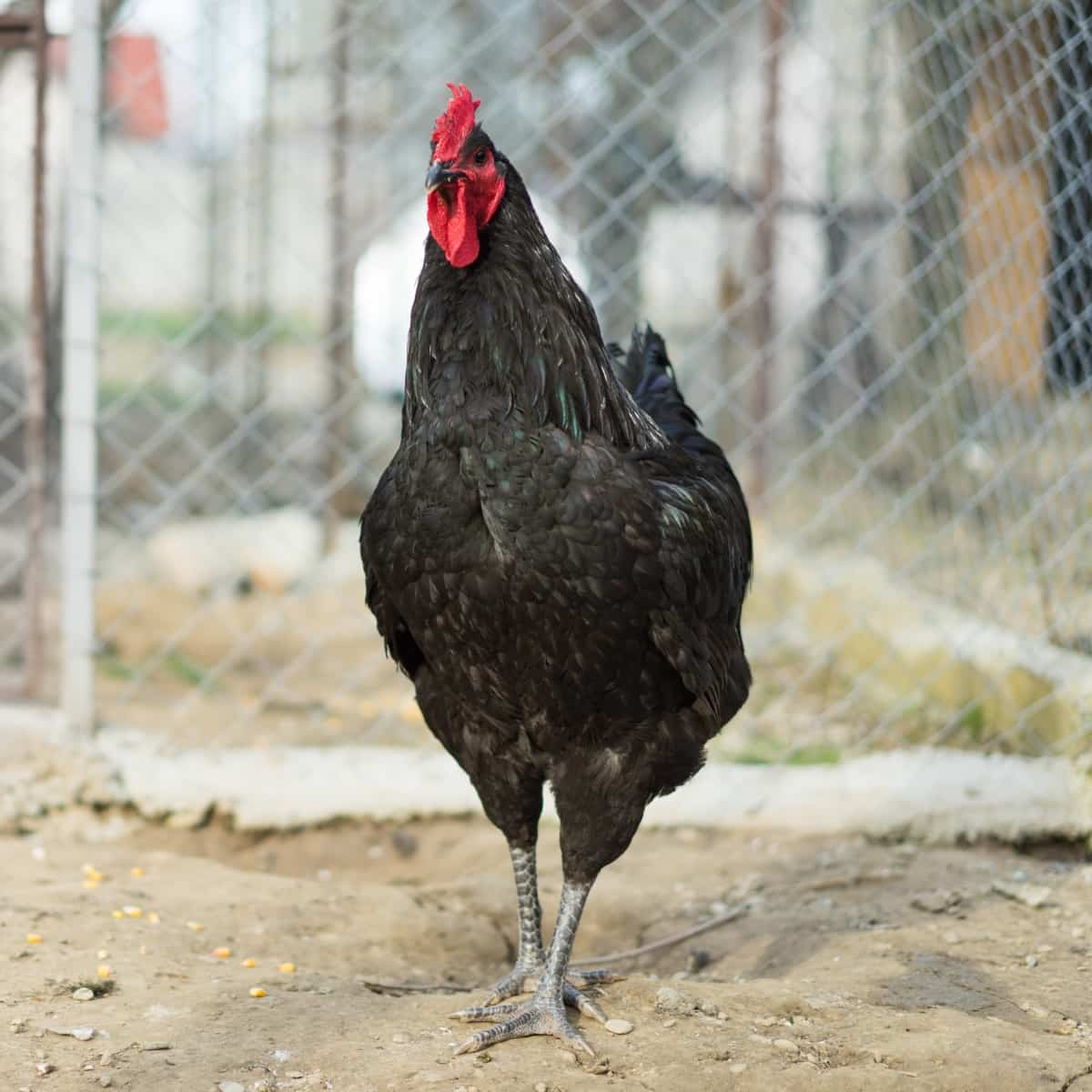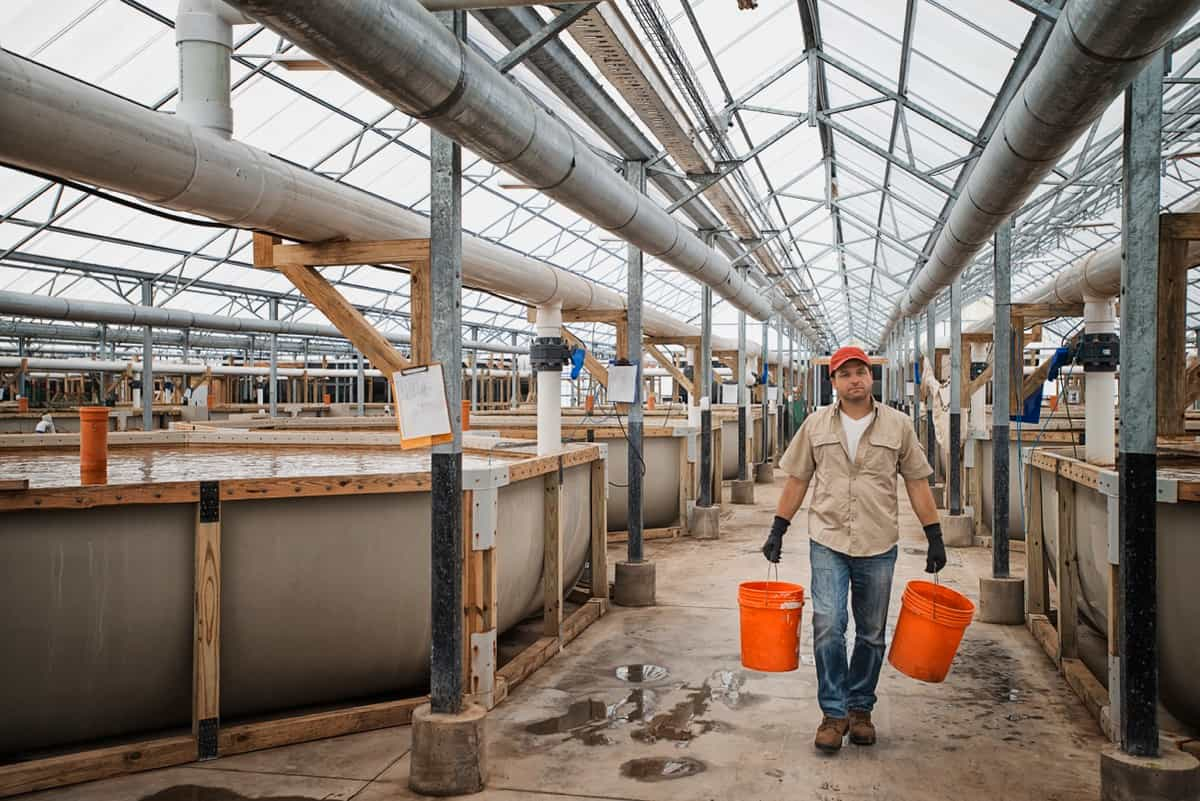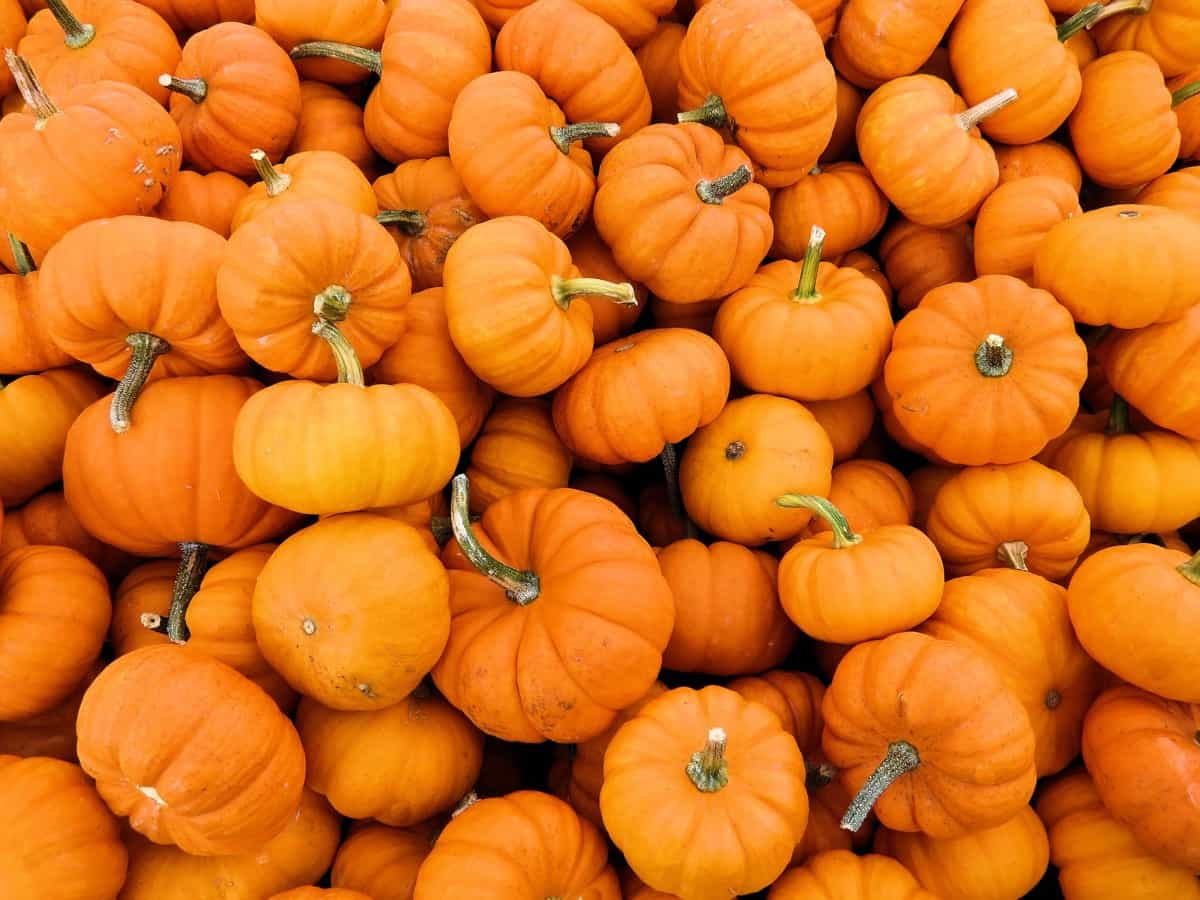Books, Videos and Songs Highlight Indigenous Perspectives on "Thanksgiving"
From left to right, common manzanita berries, black oak acorns, California wild grapes, salt and black walnuts. "These foods represent generations of knowledge, dedication and perseverance. It's so wonderful to think about each of them, where they came from, when I was last there and when I return to visit, who m learned about them, what plants, animals and the earth also taught me, and all the time we spent together,” said Peter Nelson. Photo by Peter Nelson
UC takes first steps in resolving historical errors
Thanksgiving can be a time of celebration, gratitude and sharing. It is also often a time when people help the most vulnerable in our communities, through donations to food banks, volunteer services and similar acts of compassion. But it is also a time of commemoration and mourning in Native American communities.
The narrative many people learned as early as elementary school about the celebration of the first Thanksgiving in the United States is based on historically inaccurate myths that fail to acknowledge the devastation wrought by settler colonialism, including genocide , land theft, forced assimilation and cultural appropriation.
Many Native people refuse to celebrate Thanksgiving; some engage in a day of mourning, protesting the genocide perpetrated against their ancestors and the ongoing oppression. Indigenous scholar Philip Deloria (Standing Rock Sioux) wrote about some of this in his contribution to The New Yorker several years ago, but for more information interested readers can also turn to the essay "Deconstructing the Myths from 'The First Thanksgiving'" by Judy Dow (Abenaki) and Beverly Slapin.
Educators – in both formal and informal settings – play an important role in raising awareness of the atrocities suffered by Indigenous peoples at the hands of European settlers. In April of this year, University of California President Michael Drake acknowledged and acknowledged historic wrongs suffered by Native Americans when he announced UC's Native American Opportunity Plan, which covers tuition and fees for California students from federally recognized tribes. But the statement failed to acknowledge how UC benefited and continues to benefit from those wrongs.
Free tuition for Native Americans in California was one of the recommendations of the 2021 report "The University of California Land Grab: A Legacy of Profit from Indigenous Land," co-authored by the Native American Student Development Program of UC Berkeley and Joseph Myers. Center, based on a two-part workshop series held in 2020 and recently covered in the June 2022 issue of UC Berkeley Alumni Magazine.
While UC's new tuition and tuition rebate plan is a big step in the right direction, it excludes many Native Americans in California who are not members of government-recognized tribes federal. Fortunately, the Federated Indians of Graton Rancheria have established a scholarship fund to cover tuition and fees for these students.
Another important step that the University of California Agriculture and Natural Resources is taking, in line with the recommendations of the "Land Grab" report, is the recruitment of three new community-focused UC Cooperative Extension scholars and perspectives on topics related to agriculture and food sovereignty, climate-resilient disaster planning and policy, beneficial burning, and stewardship of Indigenous lands.
The focus of these positions recognizes the importance of strengthening partnerships with Native American communities, elevating their voices, leadership, concerns, and solutions to address some of the most pressing environmental and societal challenges facing Native Americans. California communities today. The voices of the Washoe tribe, for example, played a central role at the recent statewide UC California Naturalist Conference along the north shore of Lake Tahoe.
Indigenous Perspectives on Thanksgiving


From left to right, common manzanita berries, black oak acorns, California wild grapes, salt and black walnuts. "These foods represent generations of knowledge, dedication and perseverance. It's so wonderful to think about each of them, where they came from, when I was last there and when I return to visit, who m learned about them, what plants, animals and the earth also taught me, and all the time we spent together,” said Peter Nelson. Photo by Peter Nelson
UC takes first steps in resolving historical errors
Thanksgiving can be a time of celebration, gratitude and sharing. It is also often a time when people help the most vulnerable in our communities, through donations to food banks, volunteer services and similar acts of compassion. But it is also a time of commemoration and mourning in Native American communities.
The narrative many people learned as early as elementary school about the celebration of the first Thanksgiving in the United States is based on historically inaccurate myths that fail to acknowledge the devastation wrought by settler colonialism, including genocide , land theft, forced assimilation and cultural appropriation.
Many Native people refuse to celebrate Thanksgiving; some engage in a day of mourning, protesting the genocide perpetrated against their ancestors and the ongoing oppression. Indigenous scholar Philip Deloria (Standing Rock Sioux) wrote about some of this in his contribution to The New Yorker several years ago, but for more information interested readers can also turn to the essay "Deconstructing the Myths from 'The First Thanksgiving'" by Judy Dow (Abenaki) and Beverly Slapin.
Educators – in both formal and informal settings – play an important role in raising awareness of the atrocities suffered by Indigenous peoples at the hands of European settlers. In April of this year, University of California President Michael Drake acknowledged and acknowledged historic wrongs suffered by Native Americans when he announced UC's Native American Opportunity Plan, which covers tuition and fees for California students from federally recognized tribes. But the statement failed to acknowledge how UC benefited and continues to benefit from those wrongs.
Free tuition for Native Americans in California was one of the recommendations of the 2021 report "The University of California Land Grab: A Legacy of Profit from Indigenous Land," co-authored by the Native American Student Development Program of UC Berkeley and Joseph Myers. Center, based on a two-part workshop series held in 2020 and recently covered in the June 2022 issue of UC Berkeley Alumni Magazine.
While UC's new tuition and tuition rebate plan is a big step in the right direction, it excludes many Native Americans in California who are not members of government-recognized tribes federal. Fortunately, the Federated Indians of Graton Rancheria have established a scholarship fund to cover tuition and fees for these students.
Another important step that the University of California Agriculture and Natural Resources is taking, in line with the recommendations of the "Land Grab" report, is the recruitment of three new community-focused UC Cooperative Extension scholars and perspectives on topics related to agriculture and food sovereignty, climate-resilient disaster planning and policy, beneficial burning, and stewardship of Indigenous lands.
The focus of these positions recognizes the importance of strengthening partnerships with Native American communities, elevating their voices, leadership, concerns, and solutions to address some of the most pressing environmental and societal challenges facing Native Americans. California communities today. The voices of the Washoe tribe, for example, played a central role at the recent statewide UC California Naturalist Conference along the north shore of Lake Tahoe.
Indigenous Perspectives on Thanksgiving
What's Your Reaction?






















